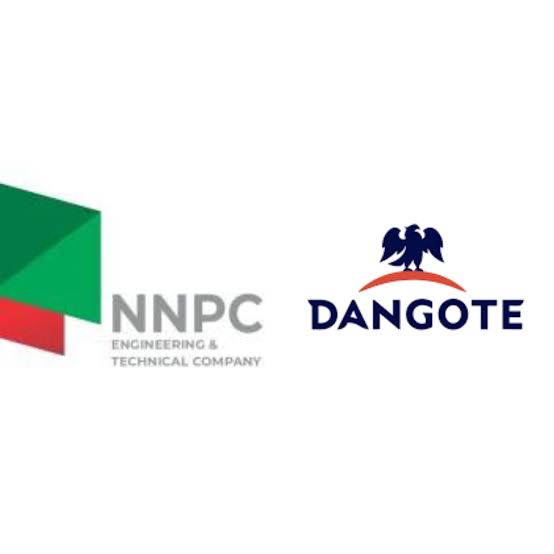As Nigerians grapple with the rising cost of fuel, the recent developments surrounding the Dangote Refinery and the Nigerian National Petroleum Company Limited (NNPCL) have sparked significant concern and confusion among the populace. Many are left wondering: Is imported fuel truly cheaper than locally refined products? And who is being honest in this complex narrative?
The support for Dangote during his public disputes with NNPCL and various oil cartels was palpable. Nigerians have rallied behind him, recognizing that while profit is a legitimate goal for any business, transparency is equally vital. Dangote is not a charity; his refinery is a commercial venture. However, if NNPCL can confidently announce the prices at which they are purchasing fuel from Dangote, then the onus is on Dangote to clarify the pricing structure for the public. The controversy ignited when it was revealed that NNPCL would be the sole buyer of fuel from the Dangote Refinery. Though NNPCL later stated that Dangote could sell to other buyers, skepticism remains.
The recent launch of the Dangote Refinery, which promises to provide locally refined products, has been overshadowed by a troubling price tag of N898 per liter. This figure has not sat well with stakeholders, particularly the Independent Petroleum Marketers Association of Nigeria (IPMAN), who have questioned the rationale behind pricing locally refined petrol higher than imported alternatives. John Kekeocha, IPMAN’s National Welfare Officer, expressed this sentiment clearly, stating, “If NNPC can sell Dangote products higher than the imported products, then it doesn’t make sense. What is the celebration we are having all this while then?”
Industry analysts have weighed in, attributing the high price to the refinery’s reliance on dollar transactions for crude oil purchases until the planned transition to naira-based transactions in October 2024. This transition, while promising, does little to alleviate the immediate burden of rising fuel prices on Nigerians. As energy analyst Kelvin Emmanuel pointed out, the current pricing reflects the costs associated with crude procurement, not necessarily the operational efficiency of the refinery itself.
While the Dangote Refinery has assured the public that petrol sales will soon be priced in naira, the reality of higher prices has led many to question whether the long-awaited relief from local production will ever materialize. The refinery’s recent rebuttal to NNPCL’s claims, describing them as misleading, only adds to the confusion. Dangote’s Group Chief Branding and Communications Officer, Anthony Chiejina, urged Nigerians to disregard NNPCL’s pricing assertions, emphasizing that official pricing announcements would come from the President’s appointed committee in October 2024.
In an effort to clarify the pricing, NNPCL has provided a breakdown of how they arrived at the N898 per liter figure. They explained that the quoted gantry price per ton was $736, equating to $0.55 per liter. When converted at the official exchange rate, this results in a price of N898.78 per liter, which, when additional statutory charges are included, could push the retail price as high as N992.22 in the Federal Capital Territory and even higher in other regions.
The stark contrast between the current prices and the previous rates of N580 to N620 per liter for imported petrol raises critical questions about the fairness and transparency of the pricing process.
Ultimately, what Nigerians need now is clarity. It is essential for Dangote to disclose the exact price at which he is selling petrol to NNPCL. Transparency in this matter will not only help in restoring public trust but also in ensuring that the benefits of local refining are realized by all Nigerians, rather than being overshadowed by confusion and rising costs.


